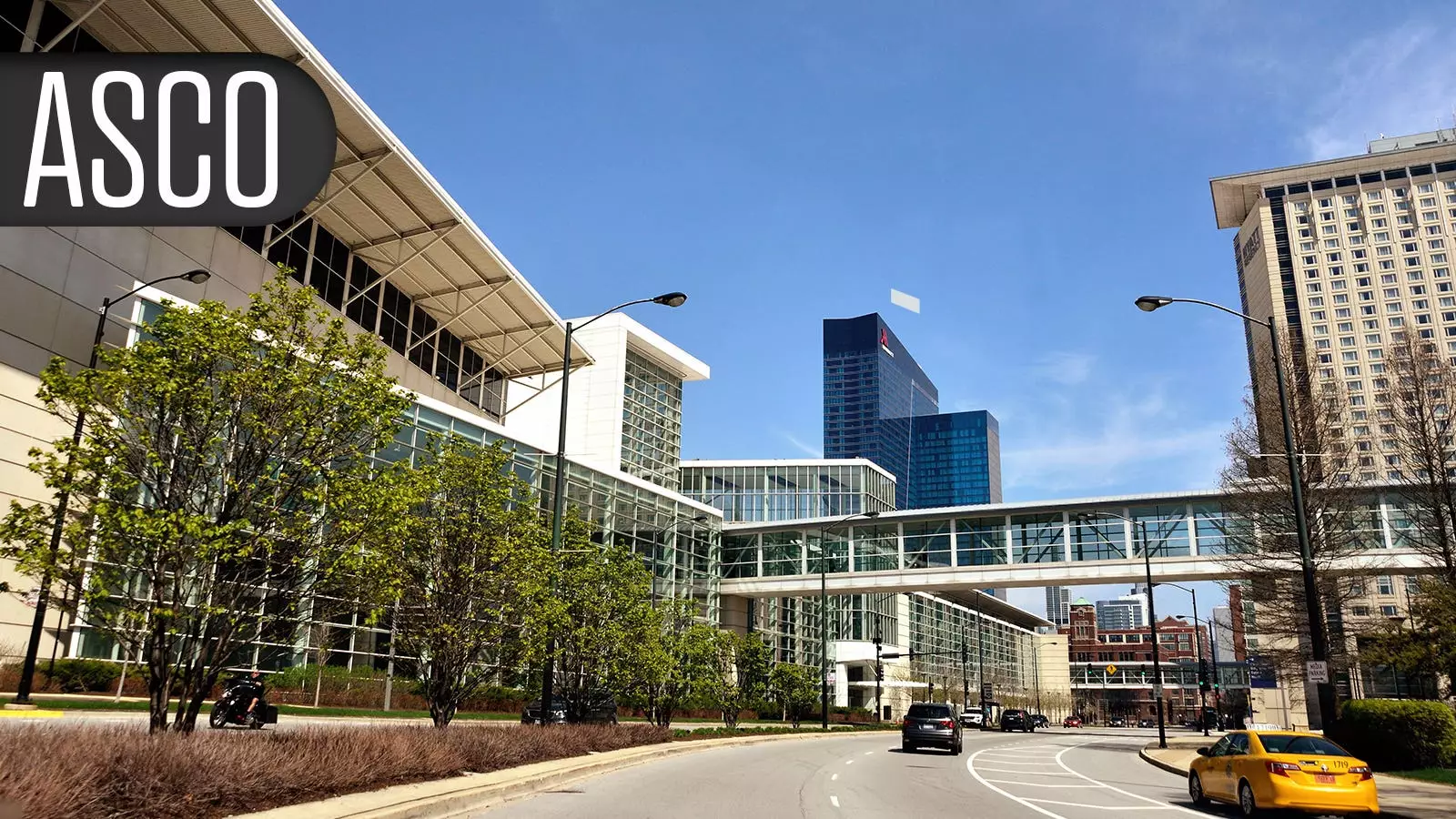Diffuse large B-cell lymphoma (DLBCL) is a challenging type of cancer to treat, especially in patients who have relapsed or are refractory to previous therapies. However, recent developments in treatment have shown promise in improving survival rates in these patients. The combination of an antibody-drug conjugate (ADC) known as brentuximab vedotin (BV) with lenalidomide and rituximab has demonstrated significant benefits in a phase III clinical trial named ECHELON-3.
The interim analysis of the ECHELON-3 trial revealed that the triplet combination of BV plus lenalidomide and rituximab improved overall survival (OS) in patients with DLBCL who had failed at least two prior lines of therapy. The addition of BV resulted in a 37% reduction in the risk of death compared to the standard lenalidomide-rituximab regimen. Furthermore, the triplet therapy showed improvements in progression-free survival (PFS) and overall response rates, indicating its efficacy in this patient population.
The promising results of the ECHELON-3 trial suggest that the ADC combination therapy may address a high unmet need for patients with relapsed/refractory DLBCL, particularly those who are ineligible for CAR T-cell therapy or hematopoietic stem-cell transplantation. This is significant as these patients often have limited treatment options and poor outcomes with current therapies.
Although the triplet regimen showed significant efficacy, it was not without its challenges. The study reported a higher incidence of grade 3 or greater treatment-emergent adverse events (AEs) with the addition of BV. Additionally, there was a notable increase in hematologic toxicity and peripheral neuropathy in patients receiving the triplet therapy. These toxicity concerns raise important considerations for clinicians when prescribing this treatment regimen.
The patients enrolled in the ECHELON-3 trial were reflective of real-world clinical practice, with a median age of 70-74 and diverse demographic characteristics. A majority of patients had primary refractory disease, non-GCB disease, and a high International Prognostic Index (IPI) score, indicating the advanced stage of their disease. Most patients had received multiple prior lines of therapy, including anthracyclines, anti-CD20 antibodies, CAR T-cell therapy, and hematopoietic stem-cell transplantation.
The ADC combination therapy demonstrated higher response rates in both CD30-positive and CD30-negative disease subsets compared to lenalidomide-rituximab alone. Patients in the CD30-negative subgroup showed a 61% response rate with the triplet regimen, while those in the CD30-positive subgroup had a response rate of 72%. Furthermore, the median duration of response was significantly longer with the addition of BV, indicating the durability of the treatment effect in these patients.
The results of the ECHELON-3 trial provide valuable insights into the potential of ADC combination therapy for improving outcomes in patients with relapsed/refractory DLBCL. While the triplet regimen shows promising efficacy in this patient population, clinicians must carefully consider the toxicity profile and patient characteristics when deciding on treatment options. Further research and long-term follow-up are needed to fully understand the benefits and risks of this novel treatment approach.


Leave a Reply